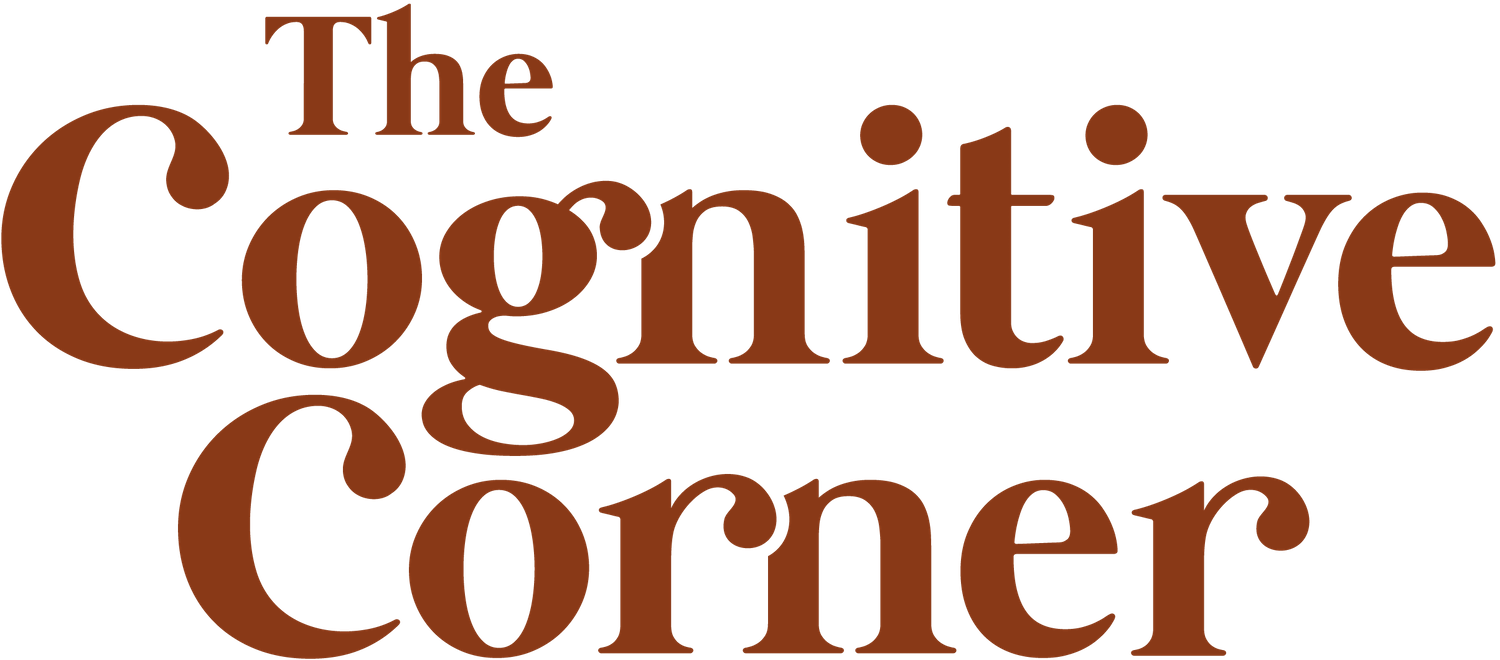How to Choose the Right Therapist for Your Specific Needs - Swiping Right on Self-Help
So, you’ve done some soul-searching and decided now is the right time to embark on a brave new journey towards improving your mental health. First of all, congratulations! Recognizing that you’re ready to start therapy is a huge step in the right direction.
That said, chances are, you may be stuck on the topic of who to pick.
You are probably wondering:
What makes a good therapist?
What qualifications should you be looking for?
What are some good qualities in a therapist?
Even if you feel confident knowing what you want, simply sifting through the seemingly endless possibilities for a match might feel overwhelming.
We have some useful tips on how to navigate finding a therapist without losing your motivation!
Qualifications and Licensing: Ensure your therapist is licensed and has the appropriate qualifications. Look for degrees in psychology, counseling, or social work, and check if they are accredited by relevant professional bodies.
Specialization: Different therapists have expertise in various areas, such as anxiety, depression, trauma, or relationship issues. Seek a therapist whose specialization aligns with your specific concerns for more targeted and effective support.
Approach and Techniques: There are a lot of different techniques and practices out there! Some common approaches include cognitive-behavioral techniques, psychodynamic, humanistic, and somatic approaches. Research these methods and look for a practitioner who is licensed and uses “evidence-based” techniques. At The Cognitive Corner, our team comes from a variety of cultural and training backgrounds, so you can feel confident that you’re in good hands.
Compatibility: Establishing feelings of trust and safety with your therapist is crucial. Consider the therapist's personality, communication style, and values. Feeling comfortable and understood is essential for building trust and openness in the therapeutic relationship.
Feedback and Reviews: Seek feedback from others who have worked with the therapist, if possible. Online reviews and testimonials can provide insights into their effectiveness and the satisfaction of previous clients.
Cultural Responsiveness: A therapist who is culturally responsive and sensitive to diverse backgrounds is essential, especially if you belong to a specific cultural, ethnic, or religious group. This ensures that your unique experiences are understood and respected. For example, if you’re part of the 2SLGBTQIA+ community, you may wish to find a therapist who also belongs to your community. This can help contribute to a stronger therapeutic relationship.
*Follow our social media channels for more educational content and get to know our therapists a bit more!
Cost and Logistics: Understand the therapist's fees, availability, and cancellation policies. It's essential to ensure that the logistics align with your schedule and financial considerations. If you’re using insurance, check with the therapist’s office that they take your particular insurance. You may also want to look into how many sessions your insurance covers so that you can incorporate this into a therapeutic plan. At TCC, we offer direct billing within Alberta – click here to learn more!
Openness to Collaboration: A good therapist encourages collaboration and values your input. Look for someone who involves you in the goal-setting process and respects your autonomy in decision-making.
Free Consultations: Look for therapists who offer free 15-minute phone consultations. This shows that the therapist wants to take the time to ensure that they we be a good fit and have training in the areas you would like to work on. Here at The Cognitive Corner, you are welcome to book free 15-minute consultations with multiple therapists to ensure you get the support you need!
Flexibility and Adaptability: Life circumstances and your therapeutic needs may evolve. A therapist who can adapt their approach and strategies based on your progress and changing needs is crucial for long-term success.
Trust Your Instincts: Ultimately, you know what feels right and safe. Trust your instincts when meeting a potential therapist. Pay attention to how you feel during the initial sessions. A positive connection and a sense of safety are vital for the therapeutic process to thrive.
If you don’t know where to start, try TCC’s Therapist Matching tool on our website to point you in the direction of who might be a good match! We offer in-person therapy in Calgary, Alberta, and online in multiple provinces!
Conclusion:
These are some great things to consider and can serve as a place to start, but don’t be afraid to chat with potential therapists if you feel you need more information. This is where a consultation is very helpful! Making an informed decision will help you move forward in your therapeutic journey feeling safe and supported.
Resources:
American Psychological Association. (n.d.). How do I find a good therapist?. American Psychological Association. https://www.apa.org/ptsd-guideline/patients-and-families/finding-good-therapist
Peterson, T. J. (n.d.). How to choose a therapist, counselor, & psychologist. Choosing Therapy. https://www.choosingtherapy.com/how-to-choose-a-therapist/




